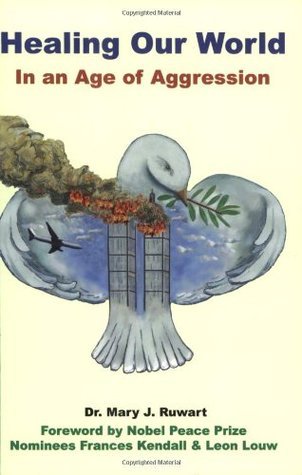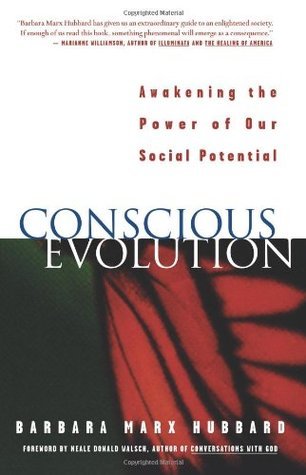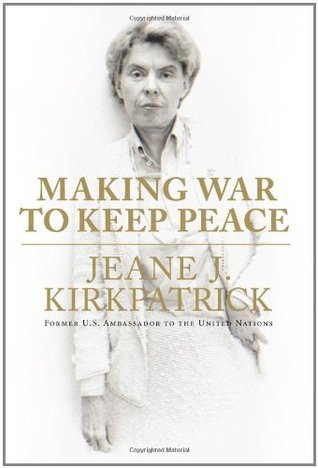
Healing Our World: In an Age of Aggression
Book Description
Imagine a world where compassion trumps conflict, where the chains of aggression are shattered by the power of empathy. In "Healing Our World: In an Age of Aggression," Mary J. Ruwart illuminates the path to a brighter future, challenging the entrenched systems that spread violence and division. With compelling insights and transformative ideas, this book serves as a clarion call for change, urging society to embrace cooperation and understanding. The stakes couldn't be higher—can a revolution of kindness reshape our world before it's too late?
Quick Book Summary
"Healing Our World: In an Age of Aggression" by Mary J. Ruwart explores the root causes of conflict and identifies the transformative potential of compassion and voluntary cooperation in reshaping society. Ruwart argues that much of the world’s suffering stems from institutionalized aggression—whether in politics, economics, or social interactions—and suggests that replacing coercion with empathy and free choice can foster peace, prosperity, and happiness. Drawing from philosophy, psychology, and economics, she challenges readers to examine the hidden cost of aggression and consider libertarian principles as a solution for a more harmonious world. The book blends moral reasoning with real-world examples, emphasizing the urgent need for a global shift toward kindness and mutual respect.
Summary of Key Ideas
Table of Contents
The Consequences of Institutional Aggression
Ruwart begins by scrutinizing the widespread use of aggression, not just in overt violence but in the less obvious force wielded by institutions and governments. She contends that laws, regulations, and policies imposed by coercion often perpetuate poverty, injustice, and social fragmentation. These aggressive methods, while often justified as necessary, undermine the very fabric of trust and mutual respect required for a thriving society. The book encourages readers to challenge the assumption that such aggression is inevitable or even effective in solving society’s problems.
The Ethical and Practical Case for Non-Aggression
Building on this critique, Ruwart presents the non-aggression principle—a fundamental idea in libertarian thought—as both a moral imperative and a pragmatic path forward. She argues that respecting individual autonomy and consent leads to more ethical interactions and better societal outcomes. Drawing from ethical philosophy, Ruwart explores how aggression, even when wielded for seemingly benevolent purposes, creates long-term harm and resentment. The book articulates the importance of consistently applying non-aggression in all aspects of personal and collective life.
Voluntary Cooperation as a Catalyst for Social Progress
A central theme of the book is the extraordinary power of voluntary cooperation. Ruwart points to examples from market economies, charitable endeavors, and community initiatives, demonstrating how individuals can come together to solve problems without coercion. She highlights historical and contemporary successes where societies have flourished due to freedom of choice and association. The author makes a compelling case that, when people are free to collaborate voluntarily, innovation and benevolence flourish, lifting countless individuals out of hardship.
The Role of Compassion in Economic and Political Systems
Compassion is presented not as a soft ideal but as a crucial principle underpinning healthy economic and political systems. Ruwart draws connections between empathy and the incentives that drive people to cooperate and support one another. The book critiques policies that stifle compassion by removing individual agency or redirecting good intentions through bureaucracy. The author encourages systems that nurture direct, compassionate action, suggesting it can address social problems more effectively than state-imposed solutions.
Pathways to a More Peaceful and Prosperous World
In her concluding arguments, Ruwart outlines practical steps for individuals and societies wishing to embrace a gentler, more prosperous future. She calls for critical examination of current policies and the adoption of non-aggression and voluntary interaction as guiding principles. The book offers hope that a “revolution of kindness” is not only possible but essential for healing division and building a world based on dignity, mutual aid, and enduring peace.
Download This Summary
Get a free PDF of this summary instantly — no email required.





